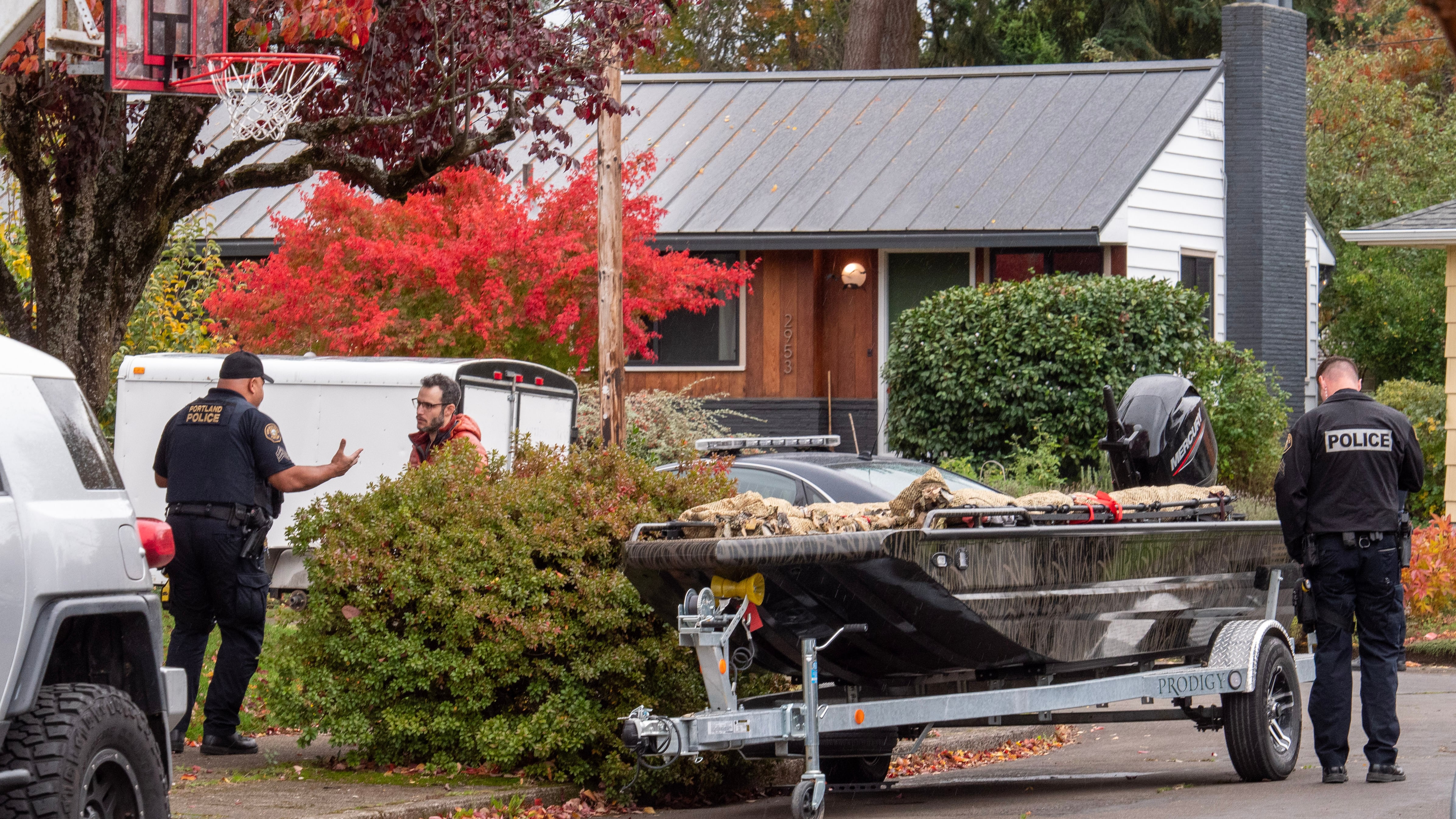Next month, the Portland City Council will likely vote to approve funding for a citywide expansion of Portland Street Response. But beyond a geographic buildout, the program is seeking another type of growth: the ability to respond to suicide calls.
The U.S. Department of Justice announced its support for this development during the Oct. 26 meeting of the Portland Committee on Community-Engaged Policing (PCCEP), which was born out of the the city’s 2014 settlement agreement with the DOJ due to the Portland Police Bureau’s “pattern and practice” of using excessive force against people with mental illness.
“There is no term of the settlement agreement that requires the city of Portland to send an armed police response or any police response to suicide calls,” Jared Hager, assistant U.S. attorney for the District of Oregon, said during Wednesday night’s meeting.
Robyn Burek, program manager for Portland Street Response, said during the meeting that the city and the DOJ have met a couple of times to discuss the possible expansion. “So now we’re all on the same page,” she said.
One potential hangup: the city’s police union, the Portland Police Association, which has been negotiating its collective bargaining agreement with the city since January, including six closed-door mediation sessions that have taken place since June.
It is not clear what PPA’s stance is on the city sending Portland Street Response to suicide calls. (The PPA did not respond to WW’s request for comment.)
But it’s possible the union will fight the latest proposal. The city and PPA reached a deal last summer that said the union retains bargaining rights over Portland Street Response’s expansion. As WW has previously reported, the PPA denied Portland Street Response’s request this summer to respond to calls located inside private residences, defined as “any non-publicly accessible space.”
Burek said Wednesday that the police union again poses a potential obstacle.
“We still can’t go to suicide calls though, I’m afraid, because we still have to do labor negotiations with PPA to clear our ability to do that,” she said, “so that’s the only hindrance that we have at this point. But I’m optimistic that we’ll be able to transition to that with time.”
Policywise, the PPA may argue the 2014 settlement agreement requires Portland’s 911 call center, the Bureau of Emergency Communications (BOEC), to send a PPB officer with specialized mental health crisis training—called Enhanced Crisis Intervention Training—to suicide calls.
Hager, the assistant U.S. attorney, said this isn’t necessarily true.
“There is no term of the settlement agreement that requires the city of Portland to send an armed police response or any police response to suicide calls,” he said Wednesday.
Instead, Hanger explained, BOEC is required to dispatch an ECIT officer to suicide calls if there is a police response. In other words, if BOEC dispatches Portland Street Response to such a call in lieu of police, there is no need per the settlement agreement to send Portland police officers—ECIT or otherwise.
“I think we made clear what the city of Portland can and, indeed, needs to do under the settlement agreement: divert calls away from police response for mental health calls,” Hager said. “So it is not only within the spirit of the agreement, but also within the black letter law of the agreement that Portland Street Response, or qualified mental health professionals that are community-based or non-governmental responses—those are appropriate for BOEC to send to mental health calls.”
